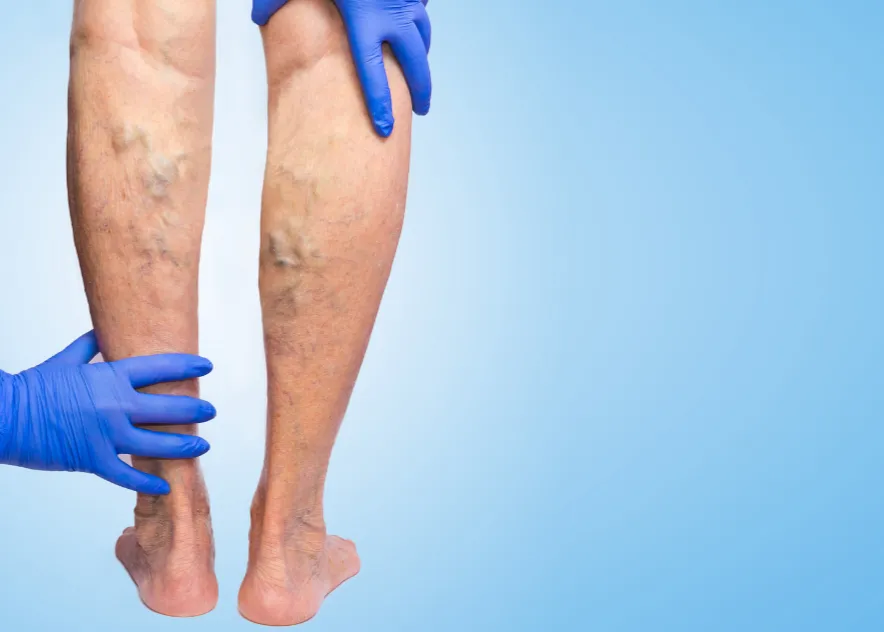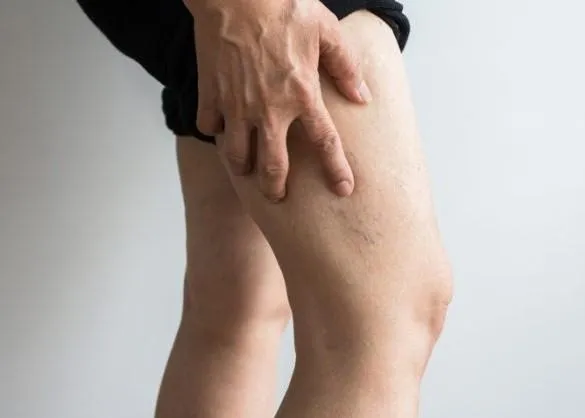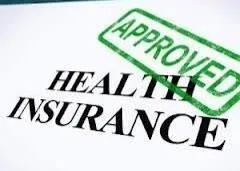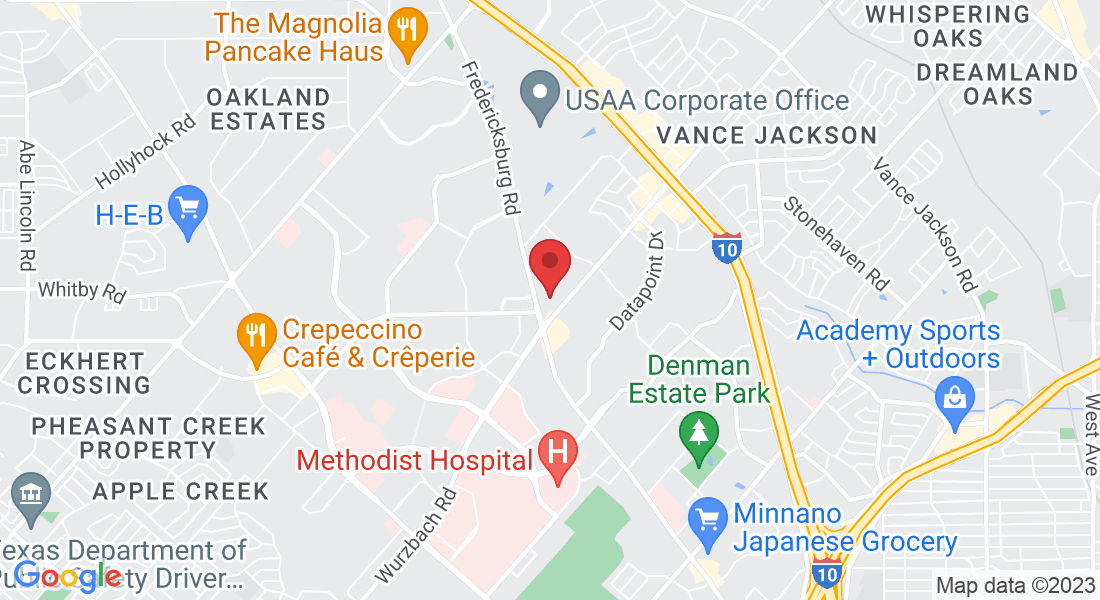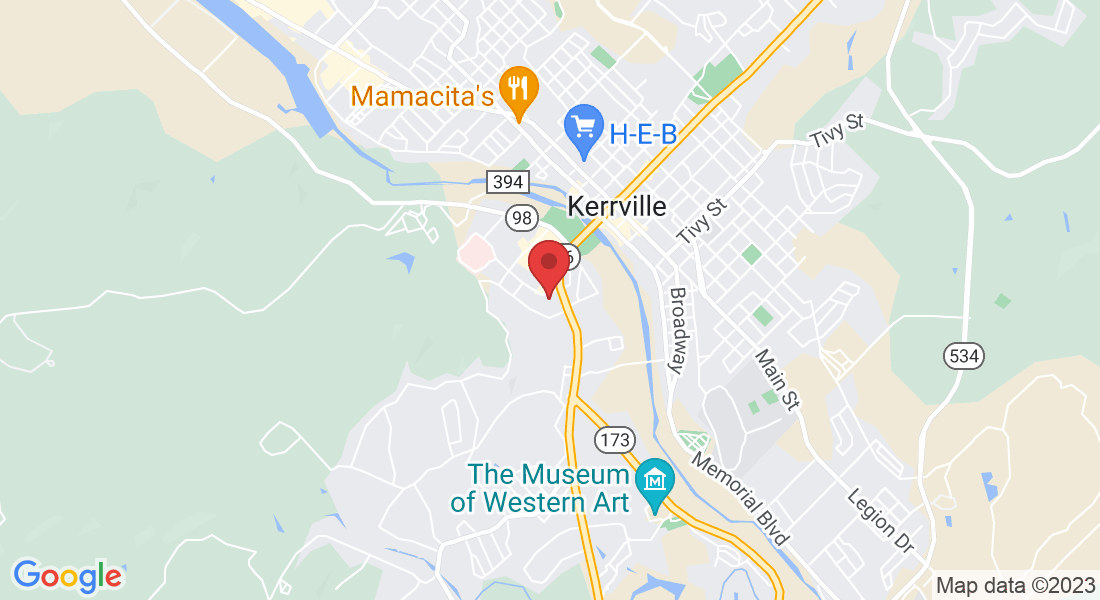
Frequently Asked Questions
Vein Associates of Texas FAQs
General
Am I a candidate for vein treatment?
Answer the following questions to determine if you would benefit from vein care:
Have you previously been diagnosed with any form of vein disease, such as spider veins, varicose veins or hemorrhoids?
Do you have any visible spider or varicose veins?
Do you have any of the following symptoms?
Leg pain, aching or cramping
Burning or itching skin
Leg or ankle swelling
Legs that feel “heavy”
Skin discoloration or texture changes
Restless legs
Open wounds or sores that won’t heal
Do you have a family history of vein disease?
Do your legs ache after prolonged periods of sitting or standing?
Do you have blood or pain during bowel movements?
Do you suffer from anal itching?
Answering YES to any of these questions means you may be a candidate for vein treatment.
Spider Veins
What are spider veins?
Spider veins are abnormally dilated blood vessels in the skin. They are often purple or red and twist around on the skin like a spider web. Spider veins are most commonly found on the legs but can also occur on the face, chest, arms, hands and back.
Spider veins can sometimes cause symptoms similar to varicose veins, such as:
Itching
Burning
Heaviness
Fatigue in the legs
What causes spider veins?
Spider veins can develop for a number of reasons, including:
Sun damage
Venous insufficiency
Hormonal changes
Injuries
Like varicose veins, the biggest factor in developing spider veins is genetics. In some cases, spider veins may also be indicators of larger diseased veins underneath the skin. These veins will need to be treated first, or spider vein treatment will not be effective long term.
What treatments are available for spider veins?
Sclerotherapy is a highly effective treatment for spider veins. The doctor will inject a medication into your spider veins, irritating the lining and shutting the vein down. Your body will then reroute the blood to other veins and reabsorb the spider veins. Excellent results can generally be achieved in two to three sessions, and side effects are usually limited to some light bruising.
Does insurance cover spider vein treatment?
Insurance carriers do not cover cosmetic spider vein treatment. However, Vein Associates of Texas offers excellent pricing on our sclerotherapy procedures. The exact cost varies depending on the number of necessary treatments.
Varicose Veins
What are varicose veins?
Varicose veins are swollen, irregular or ropy veins that result from a condition called “venous insufficiency.” Inside of a vein, you’ll find tiny one-way valves that divide the vein into a series of chambers in order to keep blood flowing upward — against gravity — back to the heart. Each heartbeat moves blood from chamber to chamber through the vein, but if a valve becomes insufficient, then blood can flow backward in the vein, which is called “venous reflux.” As pressure builds in the vein due to venous reflux, the vein swells and becomes varicose.
Common symptoms of varicose veins include:
Tiredness
Fatigue
Heaviness
Aching
Throbbing
Itching
Burning
Swelling
Restless legs
Resting and elevating your legs can provide some relief from these symptoms, but treating the varicose vein is necessary to stop symptoms completely.
If left untreated, varicose veins will get worse and can lead to major problems like:
Skin infection and discoloration
Skin ulcers and possible amputation in advanced stages
Blood clots
To avoid these serious complications, seek help for your varicose veins.
What causes varicose veins?
Genetics play the most important role in determining whether your veins will wear out over time. However, several other factors also play a role, including:
Pregnancy
Being overweight
Medications that contain estrogen and progesterone, such as birth control
History of blood clots
Standing, sitting or flying for long periods of time without graded compression stockings
Although you generally can’t do anything to prevent varicose veins, addressing them immediately can help you avoid more serious symptoms, such as blood clots and ulcers.
What treatments are available for varicose veins?
Everyone suspected of having varicose veins will undergo an ultrasound exam to reveal the true nature of each unique problem. If the doctor determines that you would benefit from treatment, you have different options:
Endovenous Ablation (EVA) – Using a laser, the doctor internally heats up the varicose vein to shut it down. This prompts a rerouting of blood and a reabsorption of the vein.
Sclerotherapy – The doctor injects medication into the varicose vein that irritates the internal lining and causes it to close. Similar to EVA, the body reroutes blood to other veins and the varicose vein is gradually reabsorbed.
Both of these treatments are performed with only local anesthesia and involve little to no downtime. Our vein doctor is extremely efficient, so you should be in and out of treatment in under an hour.
Does insurance cover varicose vein treatments?
Most insurance carriers cover medically necessary varicose veins, which is determined through an ultrasound evaluation. Your exact level of coverage is determined by your individual policy, so not everyone will have the same out-of-pocket costs. We will contact your insurance company prior to any treatment so you are aware of any out-of-pocket costs you may be responsible for.
Hemorrhoids
What are hemorrhoids?
Similar to varicose veins, hemorrhoids are swollen veins. In this case, however, they protrude from the rectal wall inside of or at the opening to the anus. Hemorrhoids are extremely common, with half the population over age 50 suffering from them.
Generally, symptoms of hemorrhoids will include:
Pain during a bowel movement
Blood in the toilet bowl or on the toilet paper after wiping
Anal itching
What causes hemorrhoids?
Straining and irritation during bowel movements are the most common cause of hemorrhoids. The increased pressure caused by pregnancy can also lead to hemorrhoid formation, and those who suffer from constipation are more likely to develop hemorrhoids due to increased straining.
What treatments are available for hemorrhoids?
At Vein Associates of Texas, we offer two nonsurgical hemorrhoid treatments:
Ultroid – Painless and effective, the Ultroid system is able to treat internal and mixed hemorrhoids. Using a probe, the doctor will apply a small amount of micro current to the hemorrhoid, causing a chemical reaction that eliminates the hemorrhoid over the next week.
Infrared Photocoagulation – Small- to medium-sized internal hemorrhoids can be effectively treated using a beam of infrared light to close the hemorrhoid.
Does insurance cover hemorrhoid treatment?
Both Ultroid and infrared photocoagulation treatments are covered by most insurance plans. However, the amount of coverage you receive varies. We will work with you if you have a balance.
Request a Vein Screening and Find Out If Insurance May Cover Any Needed Treatment
Do your legs feel tired, heavy, achy or swollen?
Unhealthy leg veins are covered by most insurances.
Call or click the button below to request a vein screening at one of our offices in San Antonio or Kerrvile.
San Antonion
8535 Wurzbach Road
Galaxy Plaza 2, Suite 106
San Antonio, TX 78240
830-257-6322
Kerrville
723 Hill Country Drive, Suite C
Kerrville, TX 78028
830-257-6322
QUICK LINKS
Home
About
Meet Dr. Franklin
Request Vein Screening
Contact Us
© 2020 All Rights Reserved.
